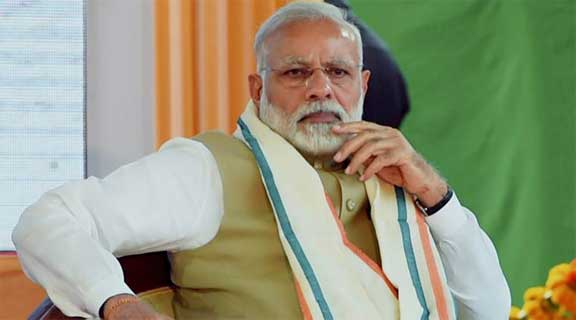The enduring popularity of Narendra Modi
11:17 AM, Friday, December 29th, 2017 Indian Prime Minister Narendra Modi should have had a rough year. In early 2017, he had to deal with the fall out of a currency demonetization program that wreaked havoc on the economy and slowed economic growth. The after-effects lingered throughout the economy for much of the year.
Indian Prime Minister Narendra Modi should have had a rough year. In early 2017, he had to deal with the fall out of a currency demonetization program that wreaked havoc on the economy and slowed economic growth. The after-effects lingered throughout the economy for much of the year.
Then, in another major economic initiative rolled out with much fanfare, Modi eliminated a series of taxes that inhibited India from becoming a truly common market of 1.3 billion people. While full of long-range potential, the tax reform roll out had more than its fair share of glitches and is still hurting small businesses, the backbone of the economy.
Despite these stumbles, Modi’s popularity ratings remain sky high, and Indians are among the most optimistic about their future in the world, according to polling from Pew Research Center. After years of policy sclerosis, many Indians might simply be pleased to see a prime minister “doing something” to break the logjams to India’s development, willing to countenance short-term loss for long-term gain.
Or it might be that Modi is an excellent showman who knows how to touch populist and nationalist nerves. Whatever the case, for his uncanny ability to remain popular while enacting ambitious reforms that could finally unleash India’s true economic potential, Modi should win the emerging world’s person of the year.
Simillar Posts
Warning: count(): Parameter must be an array or an object that implements Countable in /home/megamcaq/public_html/wp-content/plugins/post-plugin-library/common_functions.php on line 357
- None Found
Leave a Reply
© Copyright 2008 www.megamedianews.com All Rights Reserved. Privacy Policy








 Posted in
Posted in  Tags:
Tags: 



